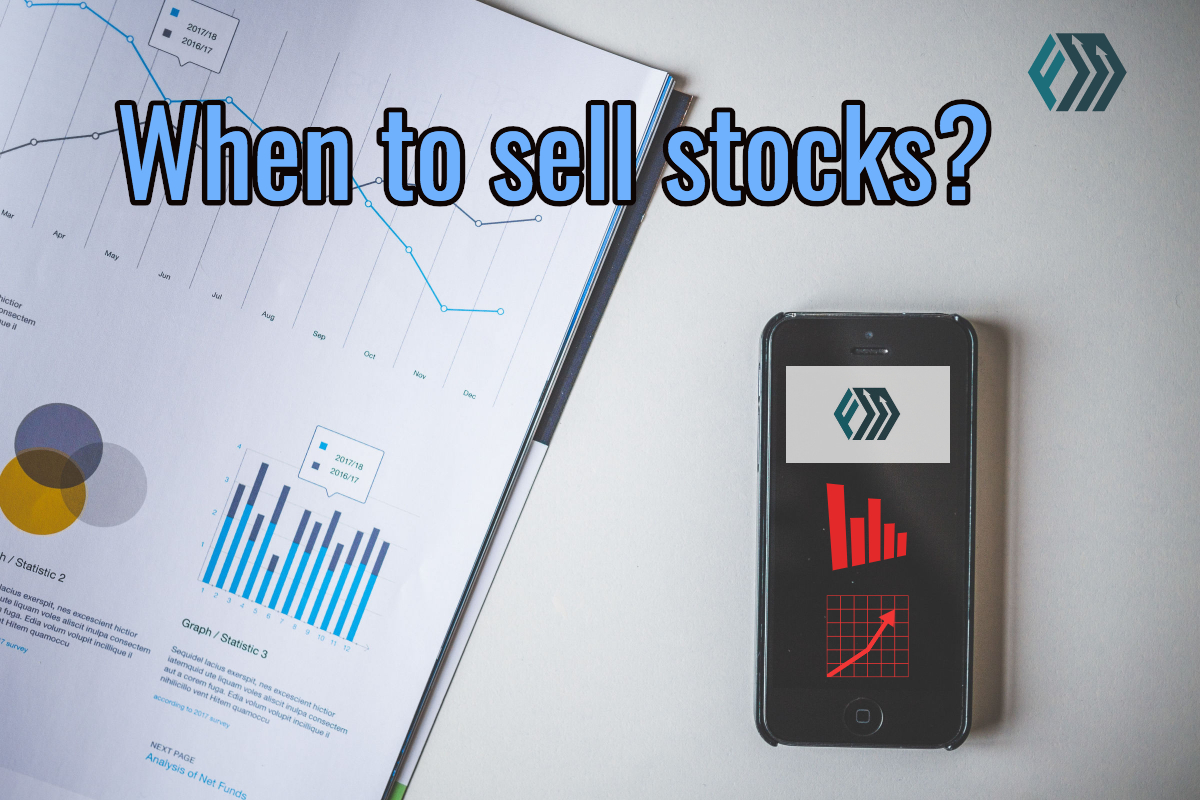When To Sell Your Blue-Chip Stock?

You have bought a blue- chip stock some years back. Its price has multiplied and you are sitting on a good amount of unrealized profit. Now what will you do with the stock? You have two options – continue to hold it or sell the stock. “A diamond is forever”. How do you find whether you should hold on to your blue- chip stock like a diamond or auction it on the stock exchange to take home the moolah.
When to sell a stock? An investor should not end up selling his blue chip stock early before realizing its full potential. At the same time, the investor should not keep on holding to a stock even when it shows signs of deteriorating business prospects. Therefore, taking an appropriate decision on when to sell a stock is more important than buying it.
Long term investors generally hold on to their stocks for decades. However, the investor needs to make sure that he is holding only those stocks that have potential for further appreciation. Therefore, taking the sell decision at the appropriate time becomes essential. Otherwise, the investor’s limited capital will get stuck, which could be deployed in some other profitable investment opportunity.
Myths about When to Sell a Stock
Many investors keep a profit target to sell their stock, rather than an objective analysis to find out whether the stock has run its full course or still has further potential. Following are some of non-objective criterion based on which investors decide to sell their stock.
- Sell when a stock doubles.
- Whenever a stock turns profitable, then sell part quantity of the stock to get back the initial investment amount. This will ensure that remaining quantity of stock is at zero cost to the investor and no problems even if the stock price falls.
Guidelines to decide when to sell a Stock
The sell decision should never be based on the stock price. The sell decision should always be based on the business prospects of the company.
1) Deteriorating Operating Performance of the Company:
An investor needs to monitor the core operating performance of the company. Is the sales growth tapering off year on year? Are the profitability levels declining year on year? To assess the profitability levels, the investor needs to look at the operating profit margin or EBIDTA (Earnings before interest, depreciation and taxes) margin of the company. If the EBIDTA margin as a percent of sales is declining year on year, then there are red signals for the company.
2) Continuously increasing debt/ leverage year on year
In highly leveraged companies, the share prices are hammered. If the bank loans taken by the company to fund its operations, are increasing year after year then it is a sign of weakness in the business model of the company. The company is not able to generate sufficient cash flows to take care of its operations. Then the investor should sell the stock without thinking about the profit/loss made on the investment.
3) Government starts interfering with Pricing Policy
Another profound criterion which should influence the investor’s decision to sell the stock, is a situation when the company is unable to price its products freely, due to government regulations and interference in pricing of the company’s products.
4) Change in Business Dynamics whose impact may not be temporary
An investor should keep on updating himself about the developments in business environment affecting his stock. In case he comes across any adverse developments, which can affect the performance of his company adversely on a long lasting basis then he should sell his shares in such a company.



